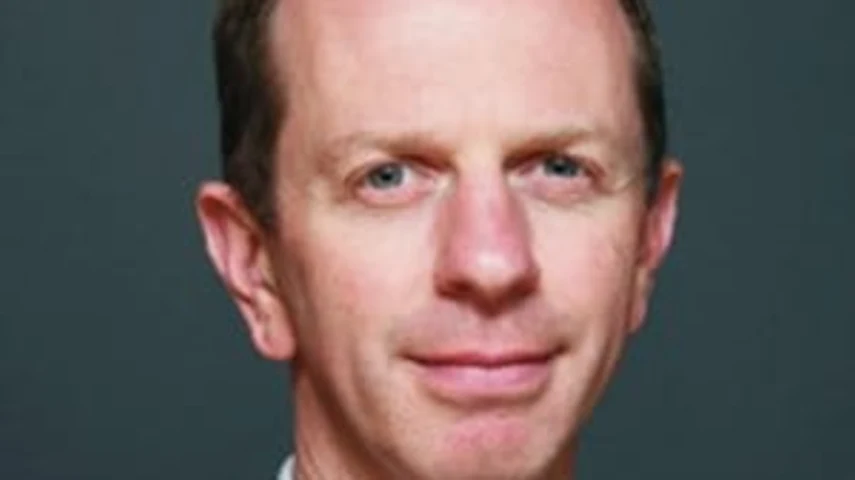Centrelink recipients charged more for consumer leases



The Australian Securities and Investments Commission (ASIC) has found the highest price charged by a consumer lessor, as an interest rate, was 884 per cent to a Centrelink recipient.
ASIC's report found consumers more likely to be charged higher amounts are Centrelink recipients, despite being on lower incomes, and consumer leases can be a very expensive household goods option.
ASIC's report found:
- the highest price charged by a lessor, expressed as an interest rate, was 884 per cent (for a clothes dryer);
- consumer leases can cost as much as five times the maximum amount permitted under a payday loan, where a cap on costs applies; and
- consumers receiving Centrelink payments are being charged much higher prices than the prices advertised by lessors.
ASIC deputy chair, Peter Kell, said as there is no cap on the amount lessors can charge consumers can end up paying very high costs.
"Of particular concern is that the most financially vulnerable consumers in Australia are paying the highest lease prices for basic household goods. For two year leases, half the Centrelink recipients in our study paid more than five times the retail price of the goods," Kell said.
Kell noted that ASIC is reviewing a number of large lessors to see if they are making reasonable inquiries to ensure consumers can afford the lease and that it meets their needs.
"Relying on consumers being able to make payments as long as they are in receipt of Government benefits is not a substitute to making these inquiries," he said.
ASIC's report compared the cost of leases from the advertised prices of nine lessors, collected by the Royal Melbourne Institute of Technology, and a review by ASIC of 69 leases provided by two lessors since 2014 to consumers in receipt of Centrelink payments.
Recommended for you
The top five licensees are demonstrating a “strong recovery” from losses in the first half of the year, and the gap is narrowing between their respective adviser numbers.
With many advisers preparing to retire or sell up, business advisory firm Business Health believes advisers need to take a proactive approach to informing their clients of succession plans.
Retirement commentators have flagged that almost a third of Australians over 50 are unprepared for the longevity of retirement and are falling behind APAC peers in their preparations and advice engagement.
As private markets continue to garner investor interest, Netwealth’s series of private market reports have revealed how much advisers and wealth managers are allocating, as well as a growing attraction to evergreen funds.











